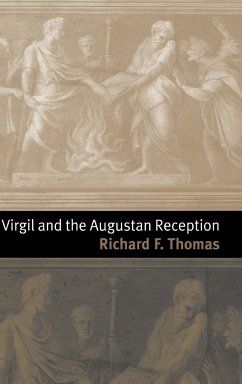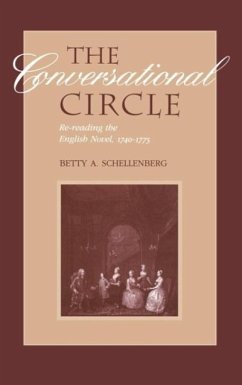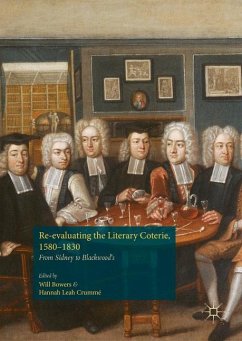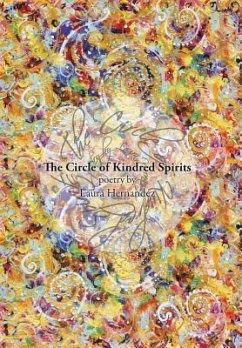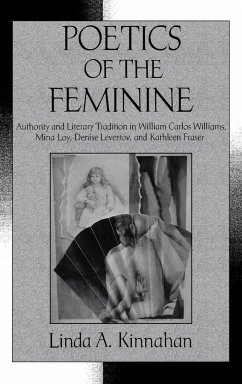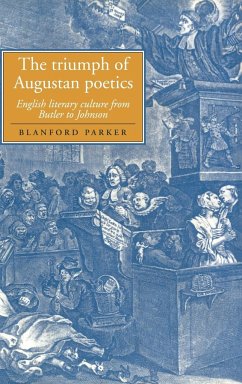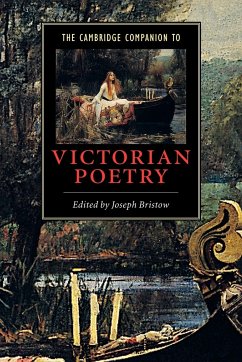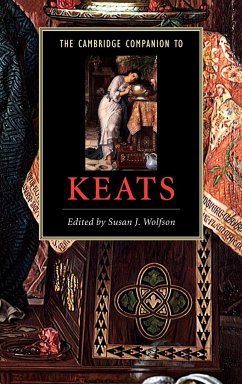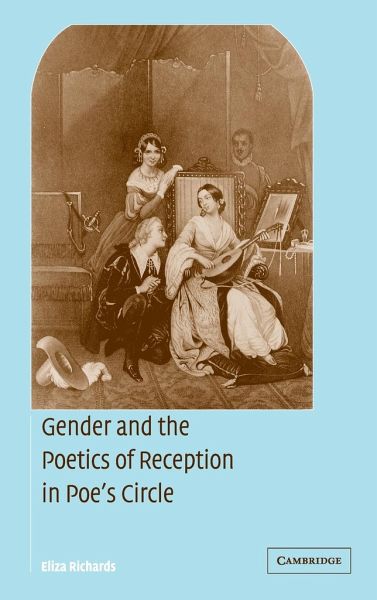
Gender and the Poetics of Reception in Poe's Circle

PAYBACK Punkte
55 °P sammeln!
Poe is frequently portrayed as an isolated idiosyncratic genius who was unwilling or unable to adapt himself to the cultural conditions of his time. In this text, Eliza Richards revises this portrayal through an exploration of his collaborations and rivalries with his female contemporaries. Richards demonstrates that he staged his performance of tortured isolation in the salons and ephemeral publications of New York City in conjunction with prominent women poets whose work he sought to surpass. She introduces and interprets the work of three important and largely forgotten women poets: Frances...
Poe is frequently portrayed as an isolated idiosyncratic genius who was unwilling or unable to adapt himself to the cultural conditions of his time. In this text, Eliza Richards revises this portrayal through an exploration of his collaborations and rivalries with his female contemporaries. Richards demonstrates that he staged his performance of tortured isolation in the salons and ephemeral publications of New York City in conjunction with prominent women poets whose work he sought to surpass. She introduces and interprets the work of three important and largely forgotten women poets: Frances Sargent Osgood, Sarah Helen Whitman, and Elizabeth Oakes Smith. Richards re-evaluates the work of these writers, and of nineteenth-century lyric practices more generally, by examining poems in the context of their circulation and reception within nineteenth-century print culture. This book will be of interest to scholars of American print culture as well as specialists of nineteenth-century literature and poetry.





